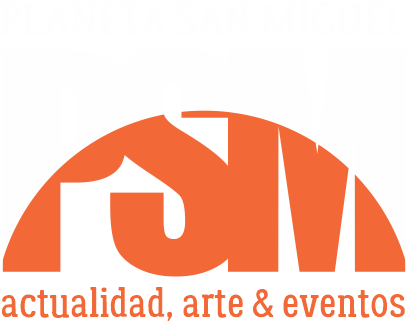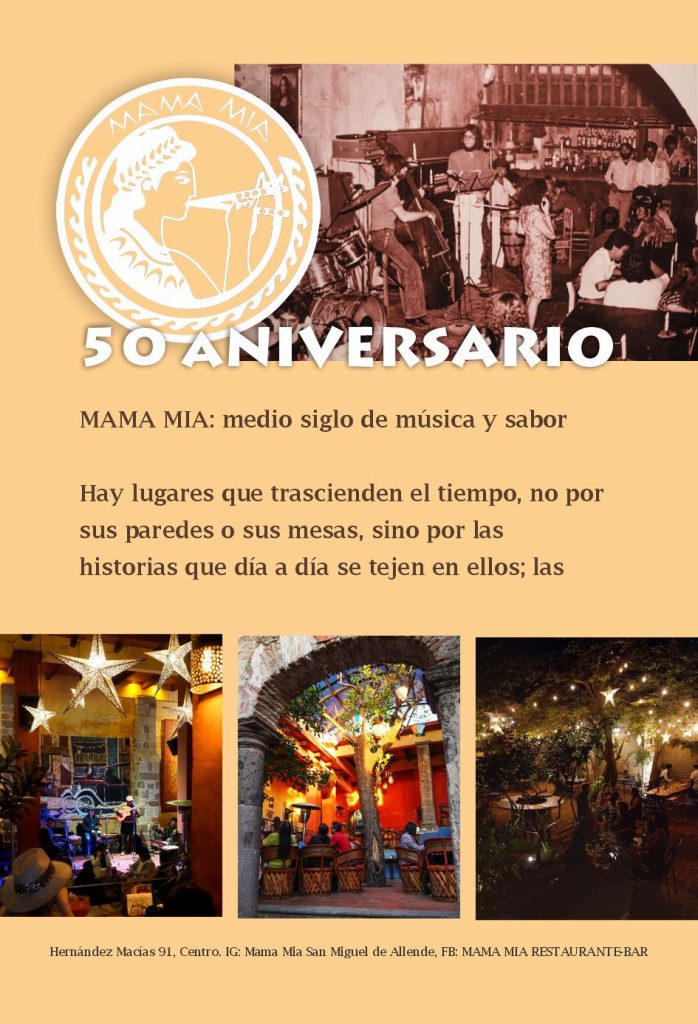By Rodrigo Díaz Guerrero
Lately, I’ve embraced the idea that a love for reading isn’t cultivated—it’s discovered. We all crave good stories, from the most trivial formats like gossip or jokes (now largely replaced by memes) to high-production mediums like theater or, of course, cinema. I suspect this inclination is natural—even prehistoric, as evidenced by cave paintings depicting ancient hunts or religious rituals—and thus inevitable. Juan Villoro, in his lecture La Conciencia Creativa, identifies fear as the narrative voice of anxiety. Paranoia, for instance, compels us to explain what might be happening, as if unconsciously filling information gaps about what unsettles us with autogenerated narratives: You’re walking down a dark street when footsteps echo behind you, and the “genius” within whispers possibilities the reader can imagine. Voilà—a micro-story created with little to no conscious intent.
Once we recognize this innate appetite for stories, why not indulge in those crafted with talent? The best stories live in books, where multiple wills collaborate to refine the narrative, perfect its rhythm, and ensure its delivery captivates—even challenges—the reader.
Disturbing tales have always drawn me in, perhaps because they provoke the sharpest challenges. What would I do in this or that situation? For me, writing began as an exercise in paranoia. During my first months in San Miguel de Allende, my grandmother lived in Barranca, and my walks up calle Correo birthed mental games—like avoiding sidewalk cracks—that many play. Mine involved hearing a car approach, picking a lamppost or passerby, and racing to touch it before the car passed. Failure meant harm would befall a loved one. This birthed a dark belief: If I imagined tragedies in detail, I could nullify their real-world possibility. So I wrote them down, adding characters and increasingly intricate conflicts. Now, I’m certain literature emerges from everyday disquiet—events we mine like prospectors, sublimating them through art.
Since all narratives spring from daily life (reality often outdoing fiction) and the ultimate meaning of events eludes us, doubt becomes essential: self-doubt, existential uncertainty. It fertilizes possibilities, making life’s spectrum of tones irresistibly compelling, propelling us forward with insatiable curiosity to imagine other ways things could be.
If mystical order exists, our perception has yet to rationalize it. Meanwhile, we wield the tools at hand to illuminate fragments of understanding amid the chaos of existence. Literature makes use of these tools —a prosthesis reaching into what could have been: other eras, latitudes, or worlds where we might be a beheaded horse galloping through medieval battlegrounds or an ethereal being annihilating galaxies. We’re consumed by the novel’s fire, the short story’s explosion, or poetry’s rupture, chasing aesthetic revelation. In the cracks of reality where stories ignite, we glimpse the suspicion of a hidden, orchestrating order.
As E. L. Doctorow once replied (quoted by Fadanelli in Meditaciones desde el subsuelo), when asked, what is the purpose of fiction?: “Stories teach us the laws of a community and distribute suffering. Through them, the individual feels their pain might be understood by others.”













